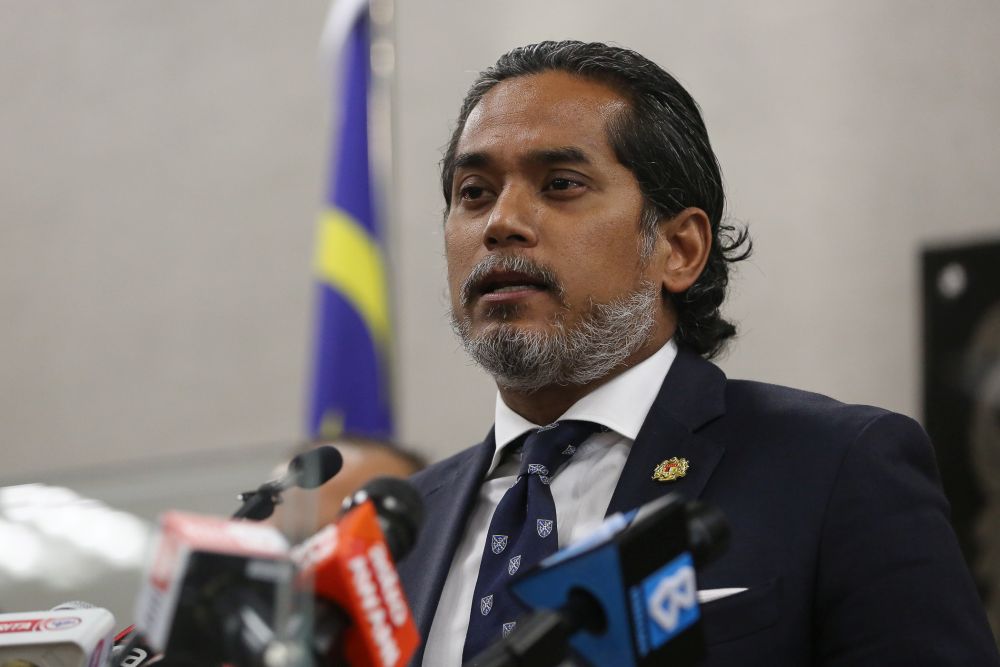.jpg)
Subscribe to our Telegram channel for the latest updates on news you need to know.
KUALA LUMPUR, April 22 — The Ministry of Science, Technology and Innovation (Mosti) hopes the country’s space sector will contribute at least 0.3 per cent to the country’s Gross Domestic Product (GDP) and create 500 highly skilled workers by 2030 via the National Space Policy (NSP) 2030.
Its minister Khairy Jamaluddin said developing home-grown satellites under the National Remote Sensing Satellite Programme is among the key initiatives under NSP 2030.
He said other initiatives include strengthening the Assembly, Integration and Test (AIT) Facility at the Malaysian Space Agency (MYSA), with a view towards becoming a regional hub for measurement and testing services for both space and commercial industries.
“Besides that, enhancing the Global Navigation Satellite System (GNSS) signal monitoring and testing system, creating platforms for local firms and industries to participate in the global space industry value chain.
“And promoting international partnerships in developing space science technologies with a vision of sending an unmanned space probe and contribute to the growth of space economy in Malaysia is also among the initiatives,” he said at the Airbus Malaysia Connect Webinar here today.
Khairy was speaking during a session titled “Malaysia and the Final Frontier-Space”, which was moderated by Malaysia’s first astrophysicist Professor Datuk Dr Mazlan Othman.
He said Malaysia adopted NSP 2030 in 2017 to realise the space sector’s potential for the Malaysian economy and development of the country.
Khairy explained that space technology including satellite remote sensing, telecommunications and navigation provides far-reaching solutions to current global and local issues such as education, food security, agriculture, energy, disaster management and health, and the fight against Covid-19.
He pointed out that Malaysia wishes to capitalise on the growing space economy.
The one-day high-level virtual event was organised by Airbus in Malaysia to discuss the evolving aerospace market in Malaysia. — Bernama

